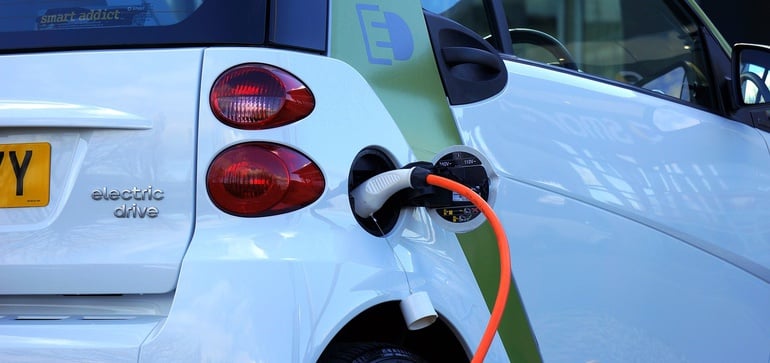
Dive Brief:
- Electric vehicle (EV) charging company Greenlots announced that it will install public DC fast charging (DCFC) stations throughout central Ohio in partnership with Columbus Yellow Cab. The chargers, which will also be installed at Yellow Cab’s depot facility, will help expand the number of electric taxis in use.
- Locations for the public chargers will be chosen in a collaboration between Yellow Cab and the National Renewable Energy Laboratory, which will review 70 million GPS data points to maximize availability and minimize grid interference.
- Currently, Yellow Cab relies on Level 2 charging infrastructure for its electric fleet. The new installations, the company said, will help the vehicles charge faster and help Yellow Cab better monitor the fleet in real-time.
Dive Insight:
Integrating EVs into taxi fleets is seen as a necessary step to reducing transportation emissions, but charging infrastructure has proven to be a barrier. Although taxis can charge overnight at depot stations, they have unpredictable routes during the day and need reliable, and fast, charging options. It’s a problem that’s plagued cities like Washington, DC, where drivers complained about having to go out of their way during busy hours just to recharge.
Columbus has made electric taxis part of its broader smart city strategy; last year, the city offered up $30,000 to taxi fleets to swap out gas-powered cars for electric ones. Columbus Yellow Cab has also tried to position itself as forward-thinking in the face of new mobility options; in a statement, CEO Morgan Kauffman said the new chargers would not just help reduce the impact of the fleet’s 10 million annual miles, but also help the community “take serious steps” toward adopting more EVs.
“We’re showing local residents that EVs are a viable substitution for traditional internal combustion vehicles and challenging them to rethink their transportation decisions. If we can go electric, so can many other daily drivers across Ohio,” he said.
Greenlots has been working to upgrade chargers with an eye toward electrifying all manners of transportation. In collaboration with Volvo and the state of California, the company is installing electric truck infrastructure to reduce the delivery industry’s environmental impact. The company has also been backed by utility groups because it has promised to focus on how EVs would impact the grid.
Companies are increasingly trying to get fast chargers and other innovative charging infrastructure to the public. EVGo, for example, has been rolling out Autocharge fast chargers to streamline the refueling process, and startup ChargeWheel has raised $1 million for a network of EV charging trailers. Oslo, Norway is even installing wireless fast-charging infrastructure for its taxi fleet, which will allow the cabs to charge while waiting at taxi stands.





